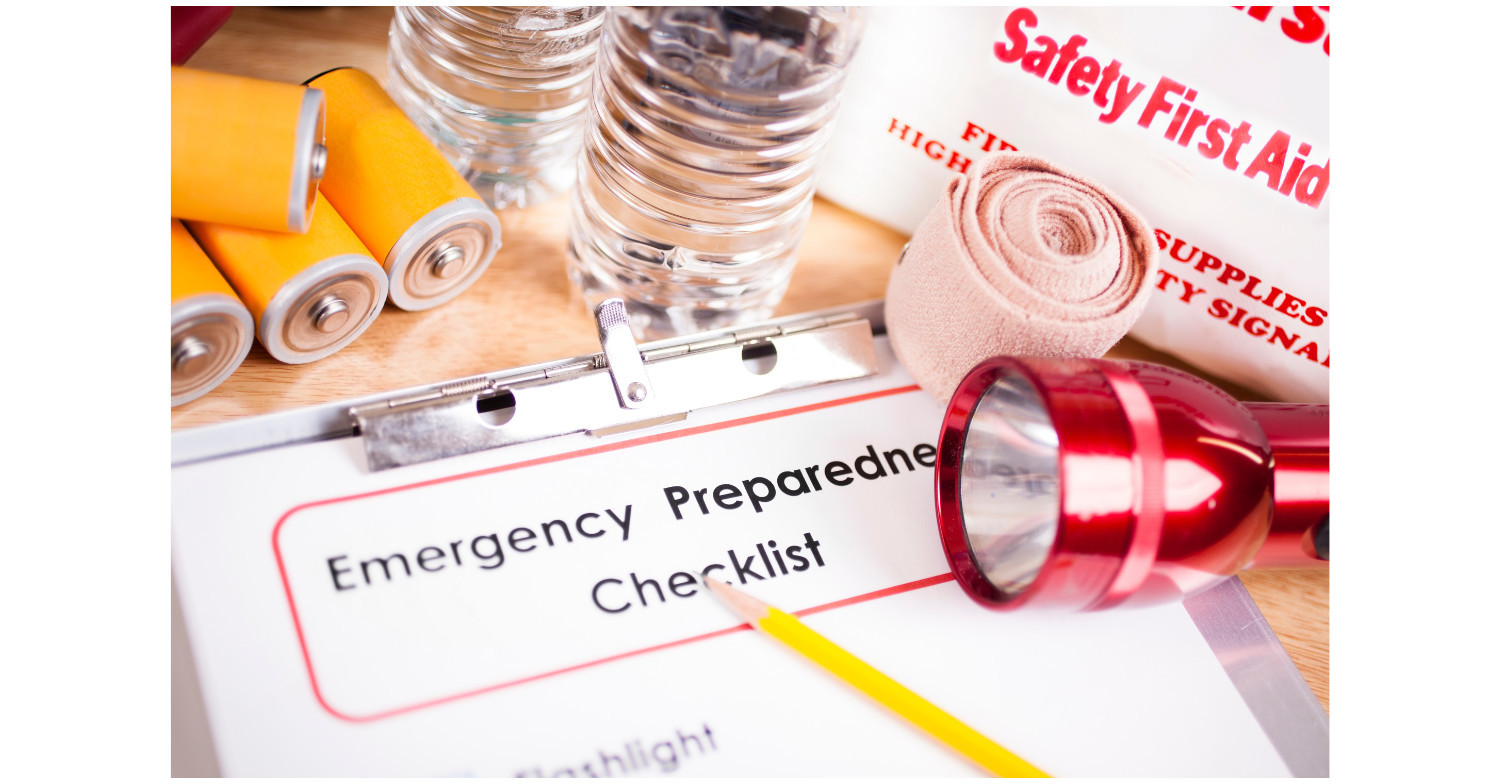
Hurricane season can be unpredictable and challenging, making it crucial for people to be well-prepared. While most focus on securing their homes and stocking up on food and water, it’s equally important to prioritize your health and wellness. In this blog, we’ll cover essential tips for hurricane preparedness, including the importance of supplements, first aid, and medication.
The Importance of Health During a Hurricane
Hurricanes can disrupt daily routines, leading to stress and potential health issues. Ensuring you have the necessary supplies to maintain your health can make a significant difference in how well you cope during and after the storm. Here’s how you can prepare:
1. Stock Up on Essential Supplements
Supplements play a vital role in maintaining your health, especially during stressful times. Here are some key supplements to consider: (Get your essential supplements here with a 15% discount from our online dispensary)
- Vitamin C and Zinc: Both are essential for boosting your immune system, which can be compromised under stress.
- Vitamin D: Limited sunlight during storms can affect your vitamin D levels, so having a supplement can help maintain your mood and immune function.
- Magnesium: Helps manage stress and supports muscle and nerve function.
- Electrolytes: Keep electrolyte supplements on hand to stay hydrated, especially if access to clean water is limited.
2. Prepare a Comprehensive First Aid Kit
A well-stocked first aid kit is crucial for handling minor injuries and medical issues. Here’s what to include:
- Bandages and Gauze: For covering cuts and wounds.
- Tweezers and Scissors: For removing splinters and cutting bandages.
- Thermometer: To monitor fevers.
- Iodine, Alcohol and hydrogen perioxide: For cleaning and sterilizing wounds.
- Garlic Ear Drops: For ear infections or aches.
- Homeopathy Kit: With remedies for fevers, colds, pain, and more. (this one is great!)
- Activated Charcoal: For digestive issues and detoxification. (save 15% here)
- Epsom Salt: For soothing muscle aches and drawing out splinters.
- Drawing Salve: For skin irritations and splinter removal.
- Essential Oils: For various therapeutic uses.
- Pulse Oximeter: To monitor oxygen levels.
3. Ensure an Adequate Supply of Medications
If you or a family member take prescription medications, it’s essential to have an adequate supply on hand. Here’s how to prepare:
- Refill Prescriptions Early: Ensure you have at least a two-week supply of all necessary medications.
- List of Medications: Keep a list of all medications, including dosages and prescribing doctor information.
- Portable Medication Storage: Use waterproof containers to store medications to protect them from moisture.
- Backup Power for Medical Devices: If you use medical devices that require electricity, ensure you have a backup power source or alternative arrangements.
4. Maintain a Healthy Diet
During a hurricane, access to fresh food may be limited. Stock up on non-perishable, nutrient-dense foods that support your health:
- Canned Vegetables and Fruits: Opt for options without added sugars or salt.
- Nuts and Seeds: Great for snacking and high in healthy fats and protein.
- Whole Grains: Such as quinoa, brown rice, and oats, which can be cooked easily.
- Protein Sources: Canned beans, tuna, and chicken are excellent protein sources.
5. Stay Hydrated
Hydration is critical, especially during a hurricane when clean water may be scarce. Ensure you have enough water for drinking and hygiene:
- Store Bottled Water: Aim for at least one gallon per person per day for a minimum of three days.
- Water Purification: Have water purification tablets or a portable water filter in case you need to use alternative water sources.
- Electrolytes: Keep electrolyte supplements or oral rehydration solutions on hand to maintain proper hydration and electrolyte balance.
6. Mental Health and Stress Management
Hurricanes can be stressful, impacting your mental health. Prepare ways to manage stress:
- Relaxation Techniques: Practice deep breathing, meditation, or yoga.
- Stay Connected: Keep in touch with family and friends for support.
- Entertainment: Have books, games, or other activities to keep your mind occupied during power outages.
Preparing for a hurricane involves more than just securing your home; it’s about ensuring your health and wellness are prioritized. By stocking up on essential supplements, having a comprehensive first aid kit, ensuring an adequate supply of medications, maintaining a healthy diet, and staying hydrated, you can better manage the challenges that come with hurricane season. Stay safe, stay healthy, and be prepared.

Waldo Amadeo
Contact Me



